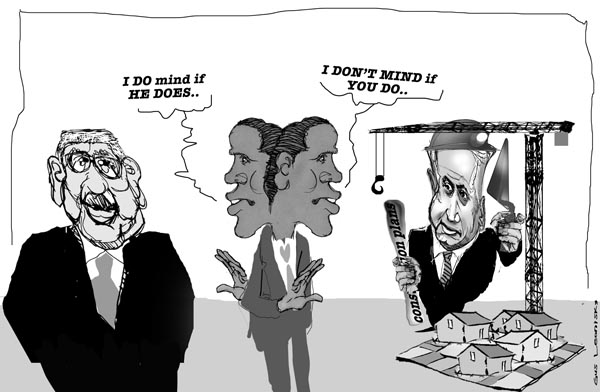Search
Recent comments
- war council.....
9 hours 19 min ago - flying saucers....
9 hours 29 min ago - casualties....
9 hours 42 min ago - dystopian....
10 hours 41 min ago - losses....
11 hours 30 min ago - board of war....
12 hours 53 min ago - help...
14 hours 35 min ago - APOLOGY....
15 hours 12 min ago - humanoids....
17 hours 14 min ago - refugees....
19 hours 13 min ago
Democracy Links
Member's Off-site Blogs
duplicitus americanus...

- By Gus Leonisky at 19 Feb 2011 - 9:13pm
- Gus Leonisky's blog
- Login or register to post comments
a people without a country...
From the American Conservative
...
Israel’s Arab Christians are a people without a country. To the majority of Israelis, Arab Christians are Arabs—citizens, perhaps, but not to be fully trusted. To Muslims, Arab Christians are Christians—a minority in Israel, perhaps, but linked to the West and especially America.
Occupying this uncomfortable position is Melkite Catholic Archbishop Abuna Elias Chacour. A warm, friendly raconteur with an impressive white beard, he promotes peaceful cooperation between Palestinians and Israelis. But he also bears witness to the price of Israel’s creation, having been forced as a child from his largely Christian village by victorious Israeli forces.
Archbishop Chacour is frustrated with reflexive support in Washington for Israeli policies. He asks: “Why does friendship with Jews mean enmity with Palestinians?” He urges Americans to engage Israelis and Palestinians alike: “We need a common friend.”
A similar message comes from Archbishop Fouad Twal, head of the Latin Patriarchate in Jerusalem. He warns that indigenous Christians, whom he calls “living stones,” are disappearing. Christian pilgrims may eventually find only empty, lifeless tourist sites. In fact, I was one of just six people attending early services at St. George’s Episcopal Cathedral in Jerusalem.
Why the decline of Christianity? Justus Weiner of the Jerusalem Center for Public Affairs points to rising Islamization in the Middle East and crimes committed against Palestinian Christians, especially in the Gaza Strip under Hamas. “Any institution, even the YMCA, can become a target,” he says.
The abuses are real, but they have not been systematic as in Iraq and elsewhere. Palestinian Christians themselves emphasize Israel’s policies. While Israel is a democratic oasis in what remains, despite the “Arab Spring,” a dictatorial desert, Palestinians suffer under Israeli military rule. At dinner in Bethlehem, in the occupied West Bank, frustrated Palestinian Christians spoke of inconvenience, hardship, and discrimination.
http://www.amconmag.com/blog/barriers-to-peace/
see toon above...